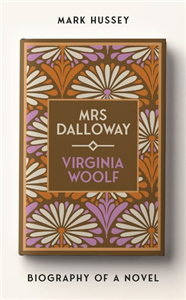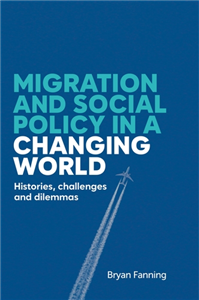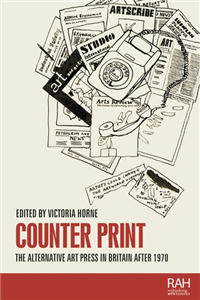Nanjing University Press
Nanjing University Press Co., Ltd. (NJUP) is a leading comprehensive academic publishing house among the 108 Chinese publishers subordinate to universities. NJUP was founded in 1984 and supervised by Nanjing University. More than 200 employees were under the editing, marketing, production, warehousing, human resources and accounting departments. We publish around 1500 titles each year including nearly 100 translation works. Most of them focus on Philosophy, Aesthetics, Literature, History, Modern Culture and Mass Media. Our backlist comprises over 16,000 titles in total.
View Rights Portal






















